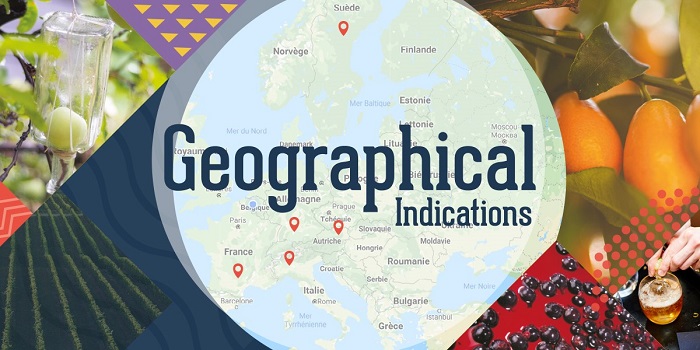
Earlier this year, the European Commission presented its comprehensive proposal to review the current legislation applicable to Geographical Indications (GIs). The proposal goes back to the clear call for action by Commission President von der Leyen to Commissioner Wojciechowski in 2019, when she stated in her mission letter the need to fining ways “to strengthen the system of geographical indications… our cultural, gastronomic, and local heritage (…) across the world”.
The call for action comes as no surprise, as Europe offers rich and diverse food and drink products cherished all over the world, such as the ca 250 GI spirit drinks. Via GI products, Europe’s cultural and culinary heritage is promoted across the world, whilst contributing significantly to jobs and growth at home, particularly in otherwise structurally disadvantaged rural areas where most of spirits production is concentrated. Thus, GI spirit drinks are inherently sustainable from an economic, social, and environmental perspective.
Whilst being overall supportive to the European Commission’s approach, spiritsEUROPE is concerned about four specific areas in the proposal:
On the first point, we fully agree that GI producer groups need to be empowered and equipped with the means to better identify and market the specific characteristics of their products. However, the Commission should not interfere in their internal rules, nor should Members States. In most cases, it is the eligible members paying membership fees who are controlling the producer groups.
Sustainability has been and will remain a key driver for our sector. Considerable investments to increase our product’s overall sustainability performance – be it from an environmental, social or economic perspective – are already delivering beneficial results (see our Farm2Glass brochure here, our sector’s position on the EU’s Farm2Fork strategy). To make sound policy, decision-makers need to integrate and recognize ongoing sustainability efforts in all policies and take account of ongoing legislative initiatives towards an increased level of sustainability, such as a.o. the ongoing revision of the Packaging and Packaging Waste Directive (PPWD), Sustainable Food Systems, the Code of Conduct on Responsible Business and Marketing – to name a few.
Based on centuries of skills and experience, we believe sustainable business practices are best assessed at local level by local people – in line with the principle of subsidiarity. Often, sustainability measures imposed by governments at EU or national level are missing their objectives. Sustainable practices should be defined by local authorities taking into account local environments. There is no one-size-fits-all approach, and businesses need the flexibility for R&D activities to explore various means to improve their products’ individual sustainability performance. Legally mandated criteria will burden SMEs with no guarantee for improved sustainability performance.
The legal protection of GIs is another key aspect for GI spirits which are of high value and therefore naturally at risk to be forged. We very much welcome the new provisions to fight against infringements on the Internet (domain names, online sales) and the clarifications concerning the false or misleading indication on any documentation, website, and packaging.
Finally, we welcome the Commissions objective to modernize the management and administration of GIs, which will increase the attractiveness of GI products for operators. The delegation of specific, limited and strictly defined tasks to the European Union Intellectual Property Office (EUIPO) can help in this attempt. However, we urge the European Commission to remain in power on key decisions and to oversee co-decision procedures in order to ensure that the specificities of spirit drinks are fully considered and respected. DG AGRI, who drafted the Spirit Drinks Regulations and who is looking after our sector for years, needs to remain the entity responsible for GI spirits drinks.
Click here for our detailed position including amendment proposals.